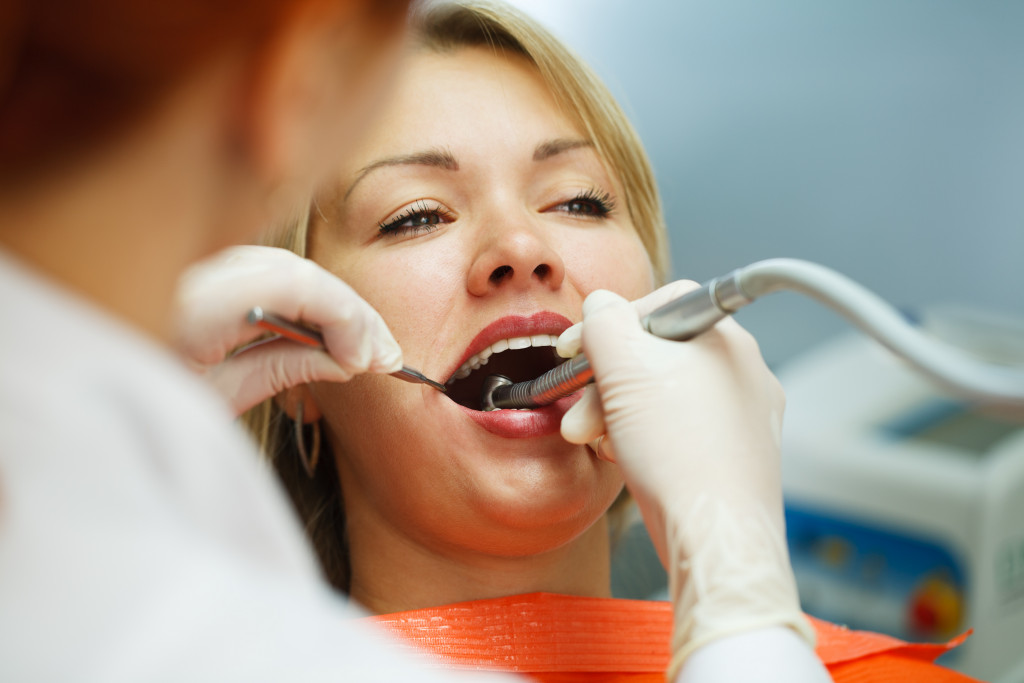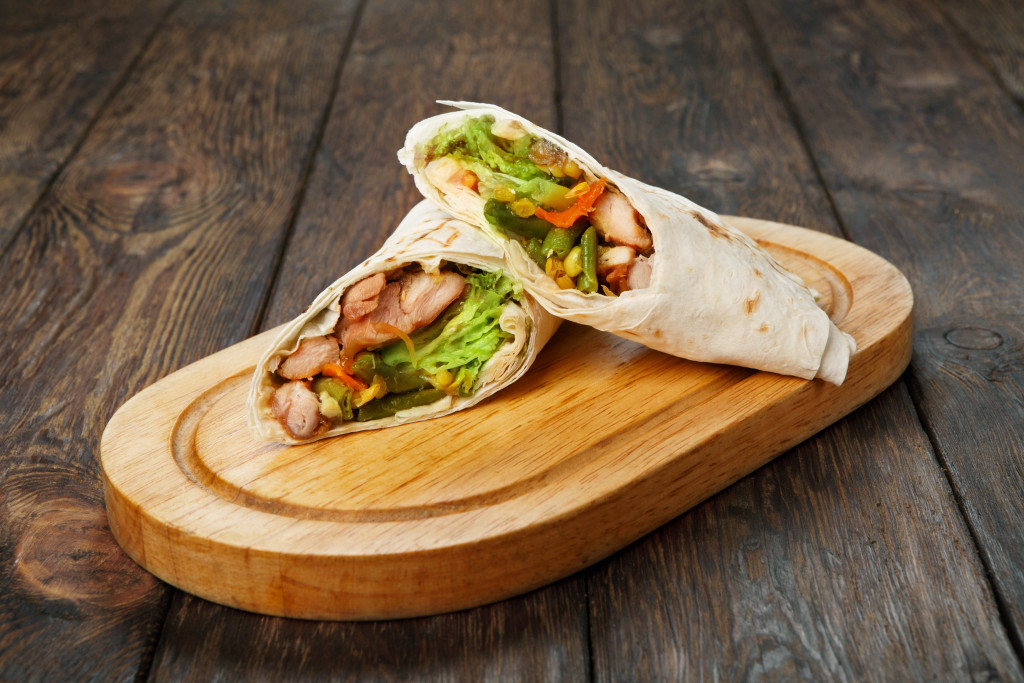You might be wondering, what can your diet do to your teeth? As it turns out, a lot. Diet is closely related to dental health and you should take care of both with the same diligence. In this article, you’ll learn about how different diets can affect your teeth for better or worse.
Before following any diet…
Before you start dieting, you must know how this can affect your lifestyle. First and foremost, you won’t get to eat your favorite food as much as you want. You’ll have to make a lot of adjustments, and it can be difficult in the beginning. You must find a diet that is both healthy and sustainable for you—one that you can actually stick to in the long term.
Only then should you consider how your chosen diet will affect your dental health. You’ll have to check in at your dentist’s clinic and ensure you’re making the right decision with your chosen diet. Different diets have different effects on the teeth, so it’s important to be aware of these.
That said, here are different diets and how they affect your teeth.
Paleo diet
The paleo diet is a diet that focuses on eating “like a caveman.” This means eating mostly meat, vegetables, and fruit. One of the benefits of this diet is that it encourages you to eat more whole food and avoid processed food. As a result, your teeth are less likely to experience decay.
The high amounts of protein will also improve the health of your gums. However, many people avoid dairy when on this diet, which can lead to problems down the road since most adults are lactose intolerant. For example, some studies discovered that drinking a glass of milk was shown to reduce tooth decay.
Mediterranean diet
The Mediterranean diet is similar to the paleo diet since it has a strong focus on whole food and healthy fat. However, there is one big difference—dairy. Cheeses and yogurts are eaten regularly as part of the Mediterranean diet, which means you’re less likely to develop cavities from tooth decay.
The high amount of fruits and vegetables found in this diet will increase your intake of fiber, vitamins, and minerals. This will help keep your teeth healthy and strong.
Keto diet
The benefits of the keto diet are, unfortunately, short-lived. In fact, it can take a big toll on your teeth. Many people complain about tooth decay and increased sensitivity when eating high amounts of protein. Luckily, you can counteract this by increasing your intake of dairy while on the Keto diet—just make sure to select low-sugar options.
Vegetarian diet
Many vegetarian people don’t shy away from cheese, which is great for their teeth since it reduces tooth decay. Like the keto diet, vegetarians also focus on eating high amounts of protein. However, they typically give up meat in favor of nuts and legumes, which can be equally healthy.
Since there’s a lot of emphasis on whole food in the vegetarian diet, you’re likely to get plenty of fiber and minerals that contribute to strong teeth. It is important to note that vegetarians typically don’t eat fish too often—which is why they need to ensure they’re still getting enough vitamin D.
People on a vegan diet can also benefit from eating plenty of nuts and legumes and fruits and vegetables, which will provide the same benefits as those found in vegetarian diets. This means they’ll enjoy stronger teeth that are less prone to cavities.
Junk food diet
A junk food diet is the complete opposite of a healthy diet. This type of diet is high in processed food, sugar, and unhealthy fats. The problem with this type of diet is that it can cause tooth decay very quickly. The sugar found in these types of food will feed the bacteria in your mouth, which will produce acids that eat away at your tooth enamel.
The lack of nutrients in junk food will also make your teeth more susceptible to decay. Not only that but a diet high in unhealthy fats can lead to inflammation and gum disease. This is bad news for your dental health.
In some cases…
There are certain circumstances where your diet might not have as big of an impact on your teeth. For example, if you suffer from a dietary restriction, such as celiac disease, your teeth might not be as healthy as they could be. This is because you’re not getting the nutrients that you need to keep your teeth strong.
Additionally, pregnant women and people who are nursing should make sure they’re getting enough calcium and vitamin D. Both of these nutrients are essential for healthy teeth and bones.
No matter what type of diet you follow, it’s important to make sure you’re brushing and flossing your teeth regularly. This will help remove the bacteria that can cause tooth decay. You must consider how your chosen diet will affect your teeth. Make sure you speak with your dentist to get their professional opinion before making any changes. A healthy diet is essential for keeping your teeth healthy and strong.

